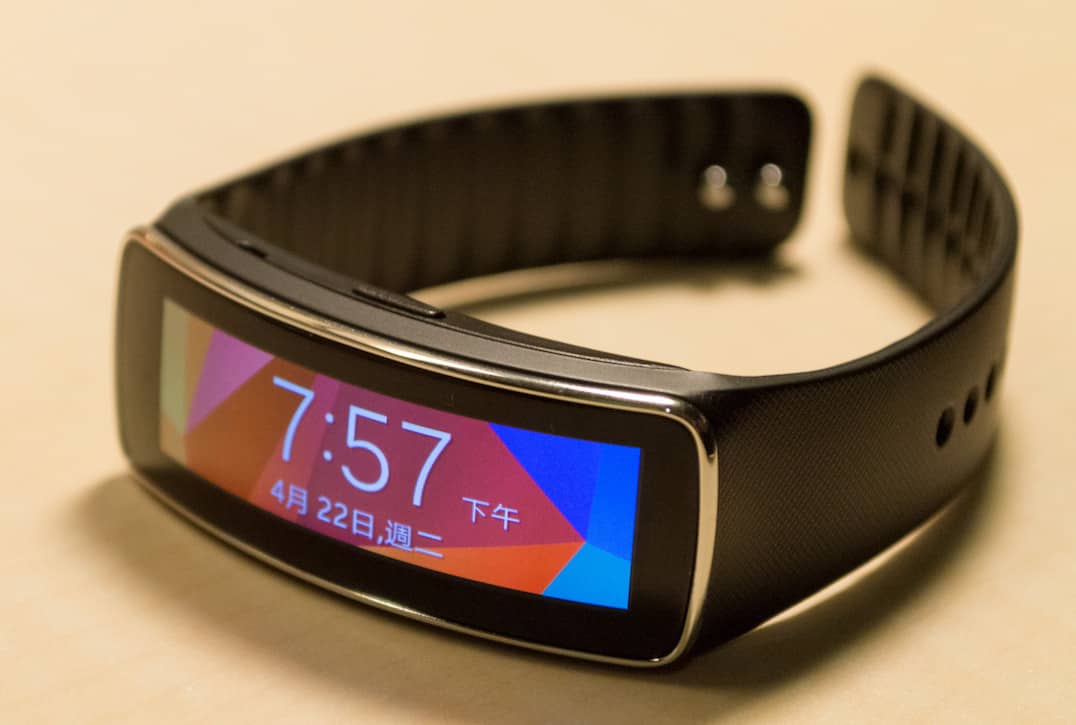Approximately 45 percent of Americans usually make New Year’s Resolutions. And of those people, 66 percent of them set fitness goals as part of their resolutions. In an attempt to get a kick-start on these 2016 resolutions, a lot of consumers purchased fitness trackers during the holiday season.
According Pew Research Center recently announced that 60 percent of Americans now regularly track their weight, diet or exercise activity. The majority of consumers are using fitness trackers to keep track of their stats. By the end of 2018, there will be 780 million wearable fitness trackers on the market.
These amazing trackers can easily monitor physical activity, calorie intake, heart rate and sleep patterns. But did you ever consider the potential risks that these fitness trackers could have on your privacy?
What could criminals want with the number of steps you walk in a day? Well, this data and the other information that is stored in your tracker app is extremely valuable to companies who are targeting potential consumers of everything from running shoes to diet foods and sleep aids.
Storing your age, gender, height and weight could give identity thieves information to form a more complete picture of what you look like. Also, by using the real-time, location-based tracking feature; burglars could learn where you live and when you’re away from your house.
By no means are we saying that you shouldn’t use fitness trackers. These devices are incredible and really helping people reach their fitness goals. Just try to remember these ways to protect yourself:
- Review your fitness tracker’s privacy policy. Take a look at any wording regarding the sale or sharing of your data. Also determine if your data is stored locally on your device or in the cloud. Is it encrypted for transmission? How long is the data kept? Will it be shared with third party vendors? Consider a different tracker if a sufficient privacy policy is not available for the item you want to buy.
- Avoid using any unsecured networks. Anytime that you are on a public Wi-Fi network, you are opening yourself up to risks.
- Use strong passwords. Try using a mix of letters, numbers and symbols. If you can, avoid passwords that contain personal or common words. Once you have your password, keep it secure and out of reach from others.
- Disable location tracking. Turn off your Bluetooth when you’re not using it and refrain from using social share features to tell others where you are.
- Regularly check for and install updates to your device and its app. An app update could contain important security fixes to keep you safe.
Even after taking all of the above precautions, there are still ways that you could fall prey to identity theft. Because of this, it’s a good idea to consider identity theft protection. We’re available to speak with you about this affordable and increasingly necessary-coverage. Contact us at www.mccartin.com/contact-us/ or by calling 877.567.3749 or 301.837.1095.

